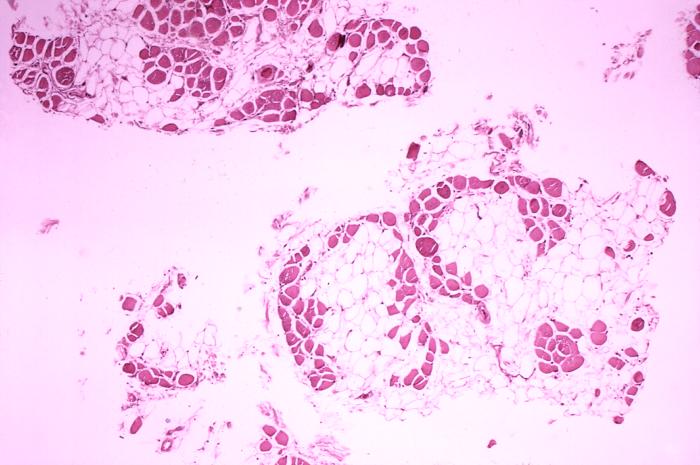
Switzerland-based Santhera Pharmaceuticals has announced that the Phase III DELOS trial of orally administered Catena/Raxone (idebenone) in patients with Duchenne muscular dystrophy (DMD) is on-track to deliver pivotal data early in the second quarter of 2014.
Recently, the exon-skipping strategies have received a setback due to the apparent disconnect between de novo dystrophin synthesis and outcomes for the six-minute walk test (6MWT).

Discover B2B Marketing That Performs
Combine business intelligence and editorial excellence to reach engaged professionals across 36 leading media platforms.
However, the company clarified that Catena/Raxone has a completely different mode of action and is unaffected by recent clinical and regulatory developments related to exon skipping-based treatment strategies.
Santhera CEO Thomas Meier said despite the recent setbacks for exon skipping-based treatment strategies for DMD, the development of Catena/Raxone is progressing as planned.
"Once the data from the independently powered sub-group of patients not using steroids is available, we plan to consult with the regulatory authorities on the best pathway to approval for this sub-group and on the initiation of the enrolment of steroid-using patients, as foreseen in the protocol," Meier added.
A total of 65 steroid non-using DMD patients were enrolled in the randomised, placebo-controlled DELOS trial at the end of 2012.

US Tariffs are shifting - will you react or anticipate?
Don’t let policy changes catch you off guard. Stay proactive with real-time data and expert analysis.
By GlobalDataThe study is powered to detect a 10.3% difference in the change from baseline to 12 months in percent predicted PEF between the Catena/Raxone and placebo groups.
In April, the company has passed a planned futility analysis for safety and efficacy for the primary respiratory function endpoint.
The futility analysis included primary efficacy variable data after at least six months of treatment from 80%, and final outcome data after 12 months of treatment from more than 60% of the planned total number of patients in the steroid non-using patient cohort.
Santhera senior vice-president of development Nick Coppard said: "Following the successful futility analysis earlier in 2013, the company is pleased to confirm that the DELOS study remains on track to deliver pivotal efficacy data early in the second quarter of 2014."
In April, the independent data safety monitoring board for DELOS recommended that the study should continue as planned since no safety issues were detected and the study has a reasonable chance of achieving its primary endpoint for improving or delaying the loss of respiratory function in Duchenne patients not using steroids.
In addition, for the DELOS trial the company has selected respiratory function outcomes for the primary and secondary endpoints, the use was prospectively agreed with both the US Food and Drug Administration (FDA) and European Medicines Agency (EMA) prior to the start of the study.
The company said the endpoints have the advantage that they are applicable across a much wider range of disease severities and can be used to assess the efficacy of Catena/Raxone in both the non-ambulatory and ambulatory patients being studied in the DELOS programme.
The company previously reported promising efficacy data with Catena/Raxone in 21 DMD patients in the DELPHI trial, a Phase II randomised, placebo-controlled study.
Image: Histopathology of gastrocnemius muscle from patient who died of pseudohypertrophic muscular dystrophy, Duchenne type. Photo: courtesy of Der Lange.





